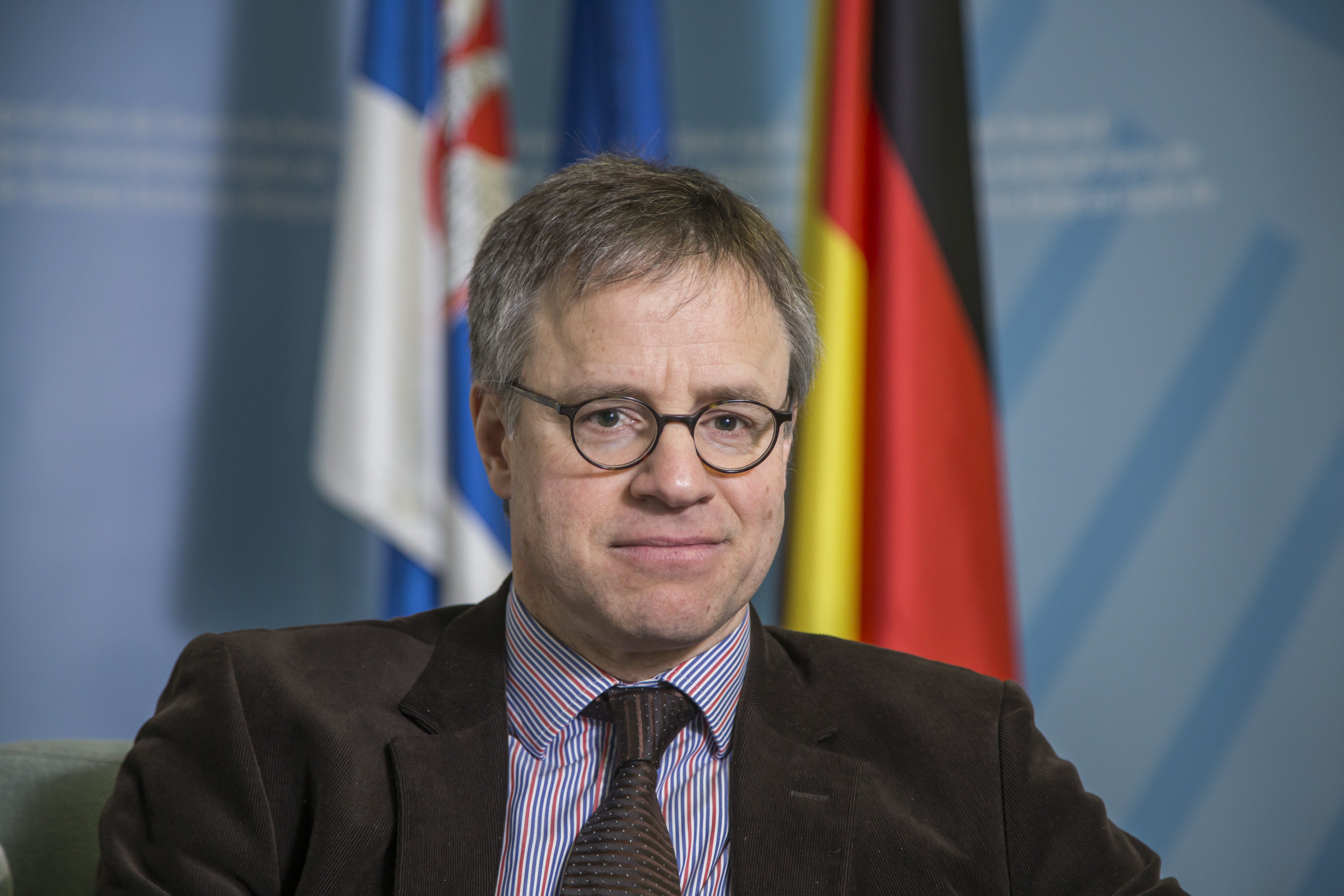In the past two years, Diplomacy&Commerce magazine has given to its readers abundance of news from politics, business and culture, has reported on the opinions of relevant stakeholders both from Serbia and abroad, covering all segments of life, and opened up topics that were not written or talked about enough. With its latest issue, Diplomacy&Commerce is celebrating its second anniversary in Serbia. We are very proud of the fact that, in two years and 24 issues, we have managed to interview the leaders of the Serbian political, business and diplomatic community, as well as the renowned regional and the global public figures. In these past 24 issues, we have also published special supplements dedicated to overall relations between Serbia and European and world countries.

We have asked Serbian officials – Serbian PM, government ministers, ambassadors and representatives of business associations in Serbia – to give us their opinions about the most important changes that Serbia should make in order to become an EU member, and about the investment climate in the West Balkan region.
1. What do you think are essentially the most important changes that Serbia should make in order to be ready for EU membership by 2025?
-
Do Serbia and the Western Balkans have enough capacity to attract large multi-nation companies to their markets?
-
From my point of view, a very important point of reference and milestone for Serbia’s EU accession process was the opening of the chapters regarding rule of law in summer of 2016. This area is key for Serbia’s transformation process. Before Serbia joins the EU there are several important challenges that need to be addressed: It has to be ensured that trials cannot be influenced and that the overall independence of the judicial system is strengthened. Media freedom is also a very important topic. High-level cases of corruption have to result in convictions of those who are responsible. Lawsuits must not last as long as it is often the case so far. These are both expectations of Serbian citizens and also important requirements for EU accession. I hope that further progress in this area will be made soon and we stand ready to offer our support.
-
Serbia is becoming an ever more interesting destination for foreign direct investments. More than 400 German companies have invested in Serbia with an investment volume of over 1.8 billion Euro and the creation of more than 40.000 jobs. The latest poll of the German-Serbian chamber of commerce, which comprises many important German companies operating in Serbia, proves that. According to the poll, 84% of participants confirmed that they would take their investment decision again. As positive factors they name the quality and availability of local suppliers, as well as the availability of a skilled workforce. However, the poll also shows that some expectations have not been met completely: Here again, the topic of rule of law is very much in the focus and this shows that it is very important also for investors.